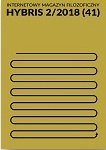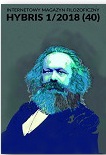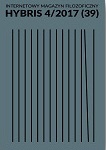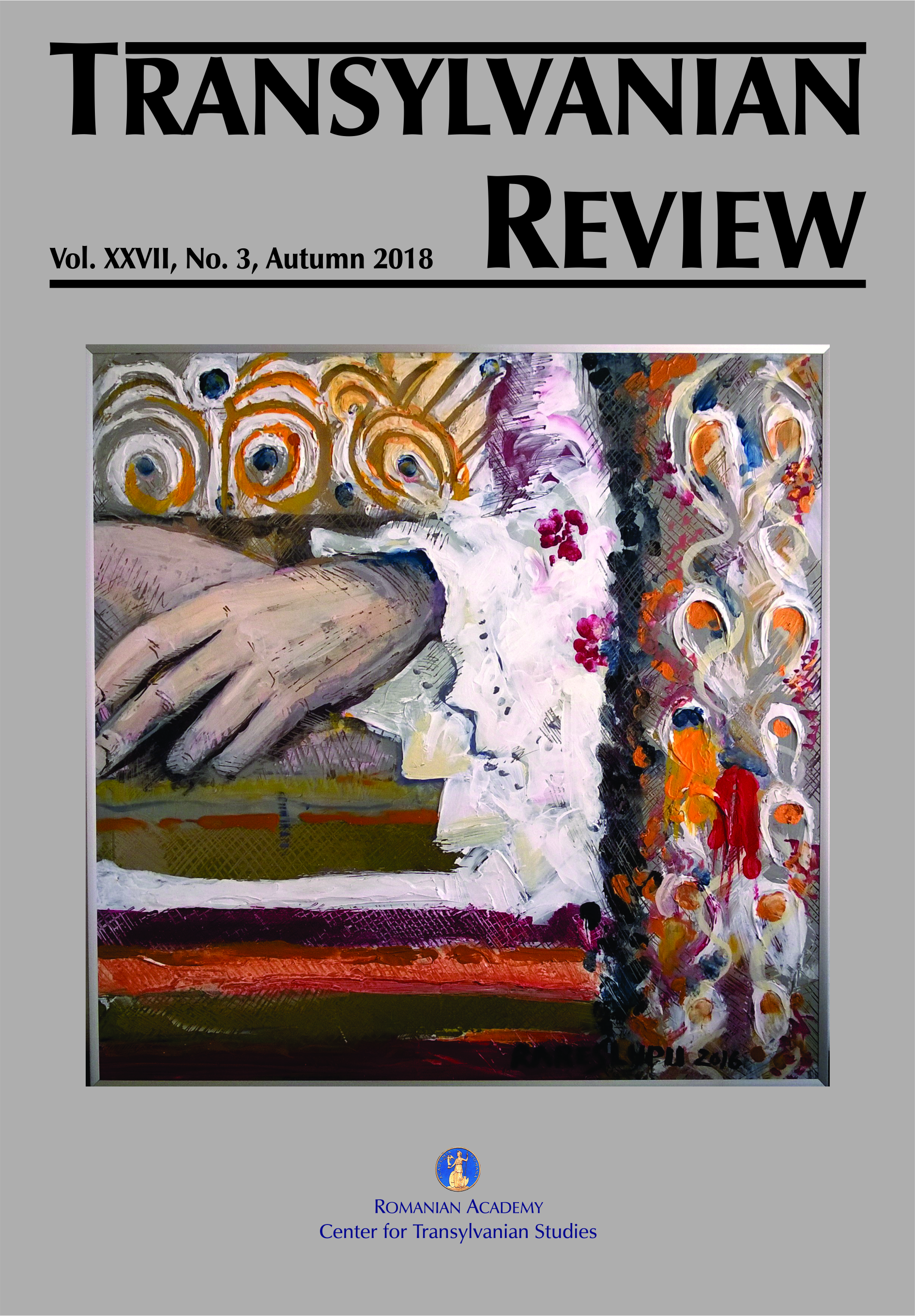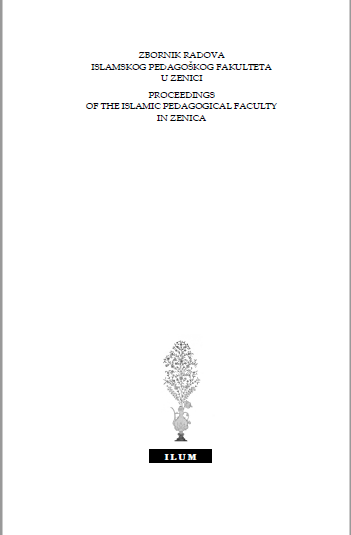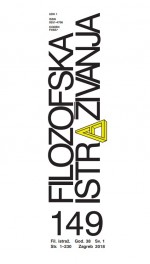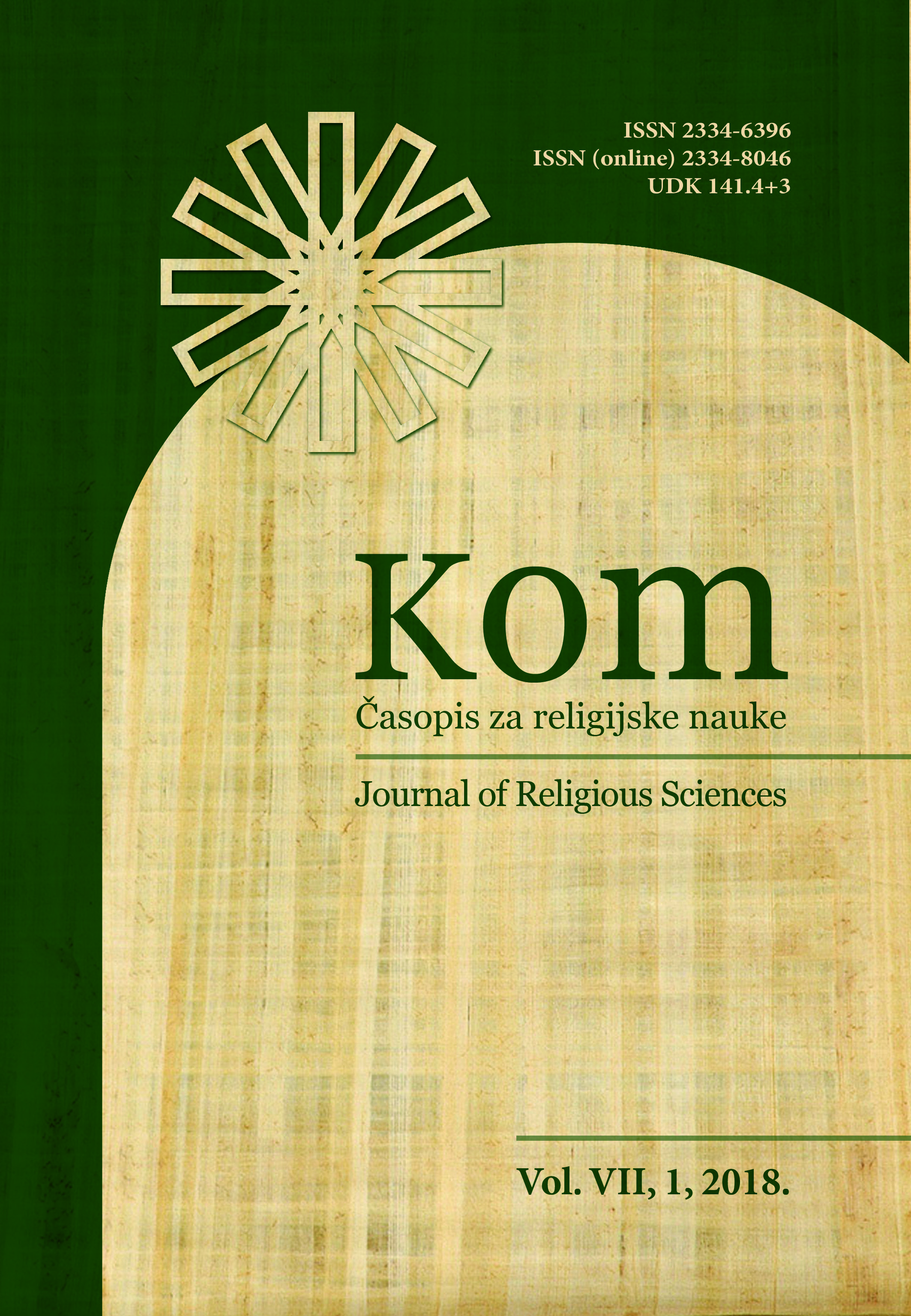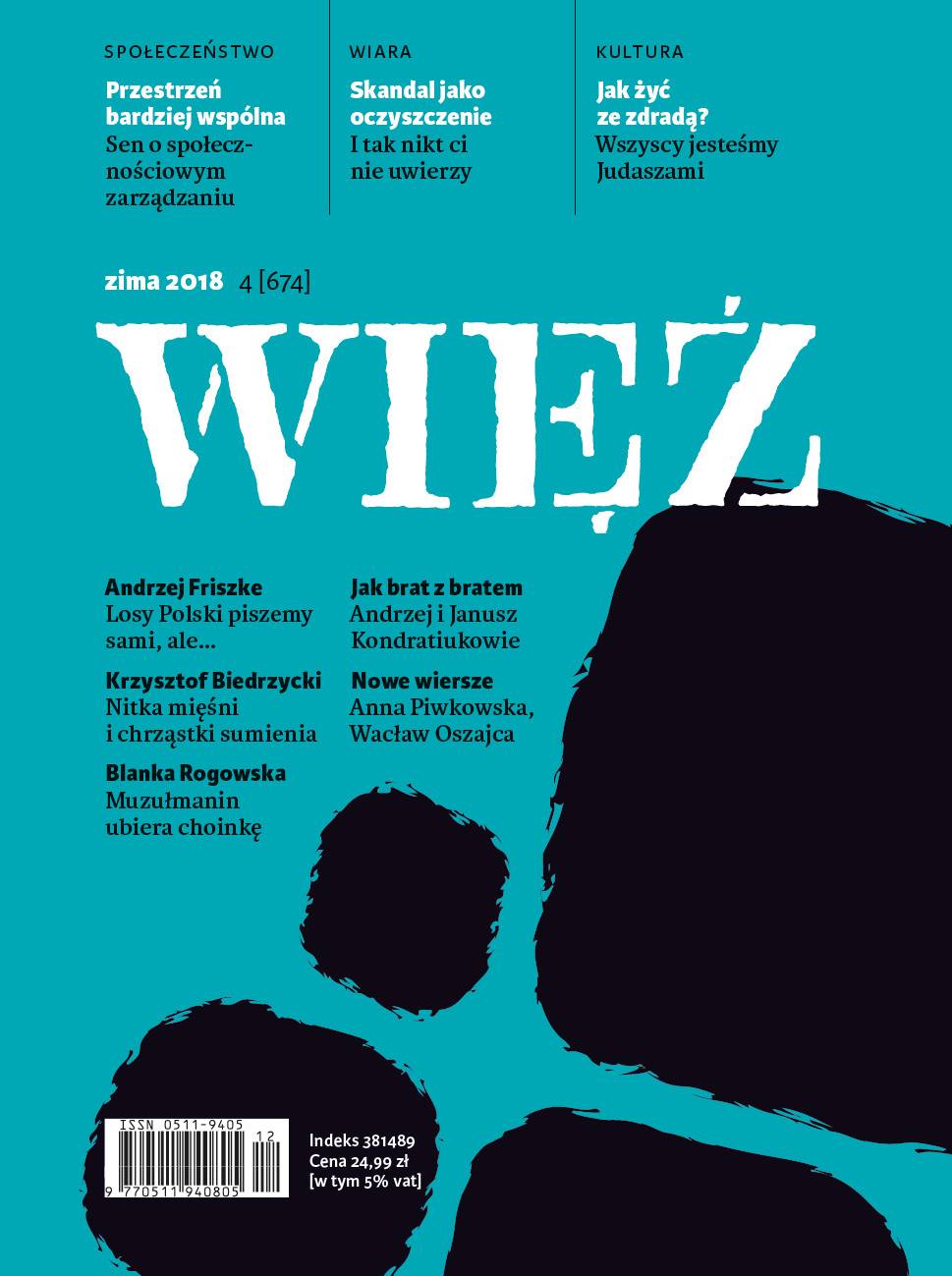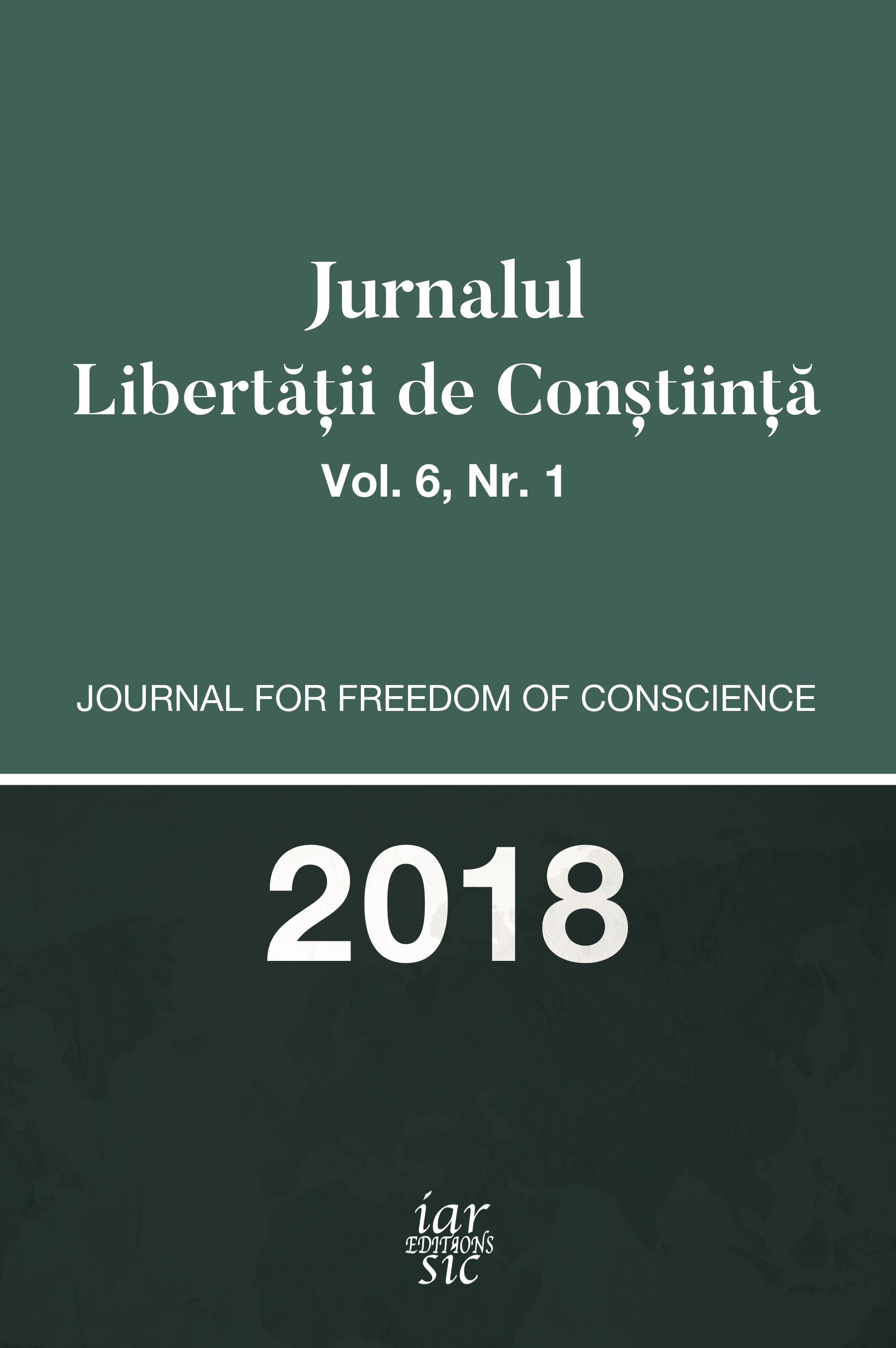
VALORILE ȘI LIBERTATEA DE CONȘTIINȚĂ
People mainly manifest their freedom of conscience by promoting their values, by conveying their beliefs, by expressing their trust (faith) in something or someone. At a personal level, freedom of conscience also manifests itself by adhering to another person’s opinions, to the teachings of a renowned authority in a certain field of knowledge, including here the area of the sacred thought. Among these manifestations of one’s freedom of conscience we do not exclude doubts regarding certain values, skepticism regarding some cultural hierarchies, the hope that humbleness will help us achieve a better understanding of our spiritual core. These spiritual means will help us explore in more depth the internal mechanism of manifesting freedom of conscience, be it seen in the process of becoming acquainted with the world, the human soul, or the depths of freedom of conscience.
More...

